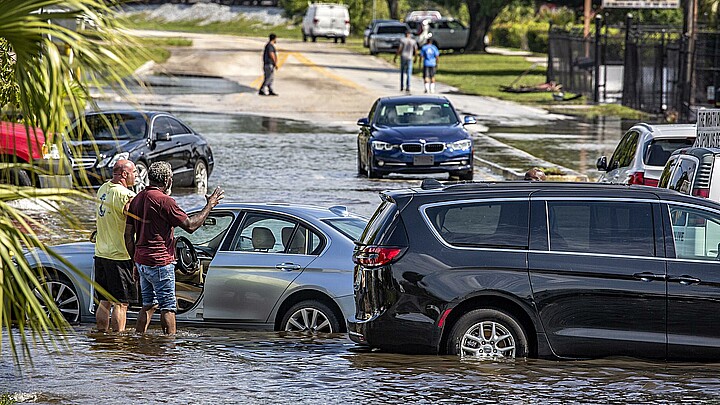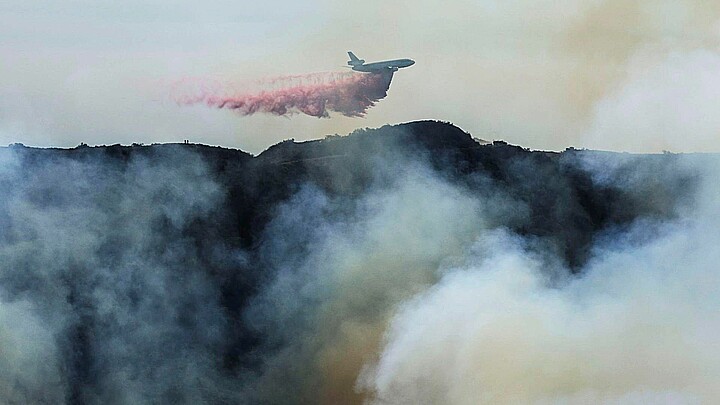Climate
NOAA predicts 'above normal' hurricane season due to rising ocean temperatures and El Niño
The agency predicted that there is a 60% chance that the hurricane season for this summer and fall will be above normal

August 10, 2023 6:53pm
Updated: August 10, 2023 6:53pm
This year’s Atlantic hurricane season is expected to be “above normal” due to rising ocean temperatures and the El Niño phenomenon, the National Oceanic and Atmospheric Administration announced on Thursday.
The agency predicted that there is a 60% chance that the hurricane season for this summer and fall will be above normal. The forecast is a significant increase from the prediction NOAA made in May, in which it said the hurricane season would be near-normal with only a 30% chance.
NOAA’s forecasts predict that the 2023 season, which begins on June 1 and ends on November 30, will have between 14 and 21 named storms—those with winds of 39 mph or greater.
The agency said that 6 to 11 of the named storms could potentially become hurricanes—storms with winds of 74 mph or greater—and 2 to 5 could become major hurricanes—storms with winds of 11 mph or greater.
In comparison, a normal season usually has 13 named storms, seven of which become hurricanes, including three major hurricanes.
“The main climate factors expected to influence the 2023 Atlantic hurricane activity are the ongoing El Nino and the warm phase of the Atlantic Multi-Decadal Oscillation, including record-warm Atlantic sea surface temperatures,” said Matthew Rosencrans, lead hurricane season forecaster with NOAA’s Climate Prediction Center.
Sea surface temperatures during June and July have been the warmest recorded in the North Atlantic since 1950, rising almost 2 degrees Fahrenheit above normal. The warmer-than-usual ocean temperatures help fuel storm formations in the ocean.
Additionally, El Niño, a recurring phenomenon that generates warm ocean surface temperatures, is expected to influence weather conditions around the world. Generally, the climate phenomenon helps suppress storm developments in the Atlantic. However, the warmer waters are likely to counterbalance its effect.
“Considering those factors, the updated outlook calls for more activity, so we urge everyone to prepare now for the continuing season,” Rosencrans added.










